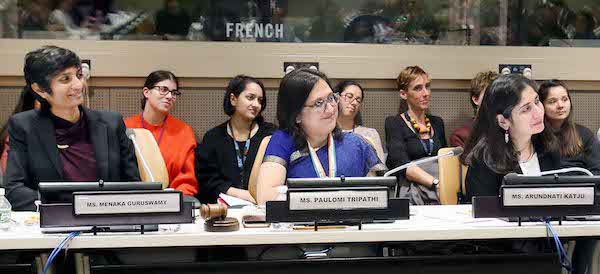Onus on officials to take pre-emptive action
In an enough-is-enough reaction, the Supreme Court has pulled up state governments for failing to prevent hate speeches at ‘Dharam Sansads’ and other religious events and warned that it would hold top officials responsible in case of lapses. The court has expressed concern that such speeches are becoming a commonplace despite its guidelines on measures to be taken by the authorities. Hours after the SC directed the Uttarakhand Chief Secretary to give an undertaking that no untoward statement would be uttered at a proposed ‘Hindu Mahapanchayat’ at Dada Jalalpur village in Roorkee, the Haridwar district administration imposed prohibitory orders under Section 144 of the CrPC and placed the main organizer under house arrest, beside deploying a large number of police personnel in the area on Wednesday in a bid to prevent recurrence of communal disturbances. A Hanuman Jayanti procession had been pelted with stones in this village on April 16. Timely intervention by the local authorities scuttled the mahapanchayat organizers’ plans to fan the flames.
Inflammatory remarks have been part for the course at religious conclaves held in Uttarakhand and Delhi over the past several months. The brazenness of the rabble rousers was starkly evident when Yati Narsinghanand, the head priest at a Ghaziabad temple, stoked communal emotions recently while out on bail in a case pertaining to an inciteful speech made at a ‘Dharam Sansad’ in December. With the judiciary taking a tough stand, the law enforcement agencies are left with no fig leaf to conceal their laxity or inefficiency. Last week, the apex court told the Delhi Police to file a ‘better’ affidavit, not satisfied with the one which stated that ‘no specific words against any community were uttered’ at an event organized in December.
Pre-emptive action is a must to ensure that religious congregations do not degenerate into platforms for spreading communal hatred. Empowering the local police to nab troublemakers before they spew venom can help keep the situation under control. It’s not worthwhile to conduct a routine investigation after the damage has been done. The priority should be to nip the menace in the bud.
(Tribune, India)





Be the first to comment